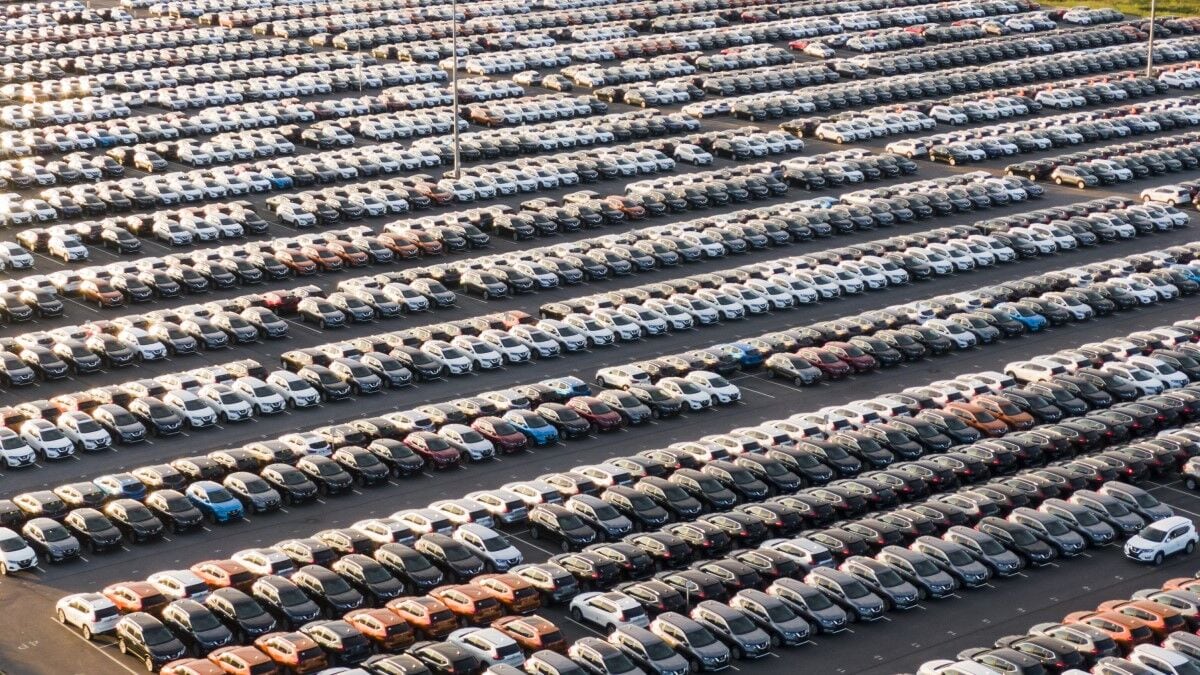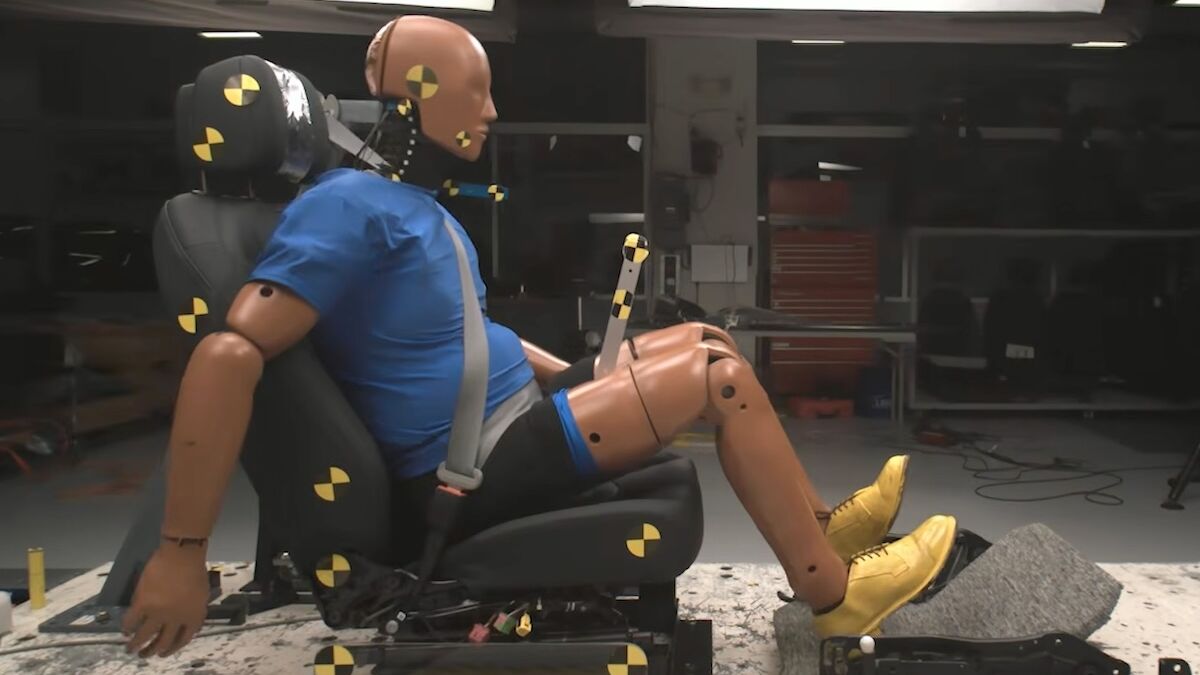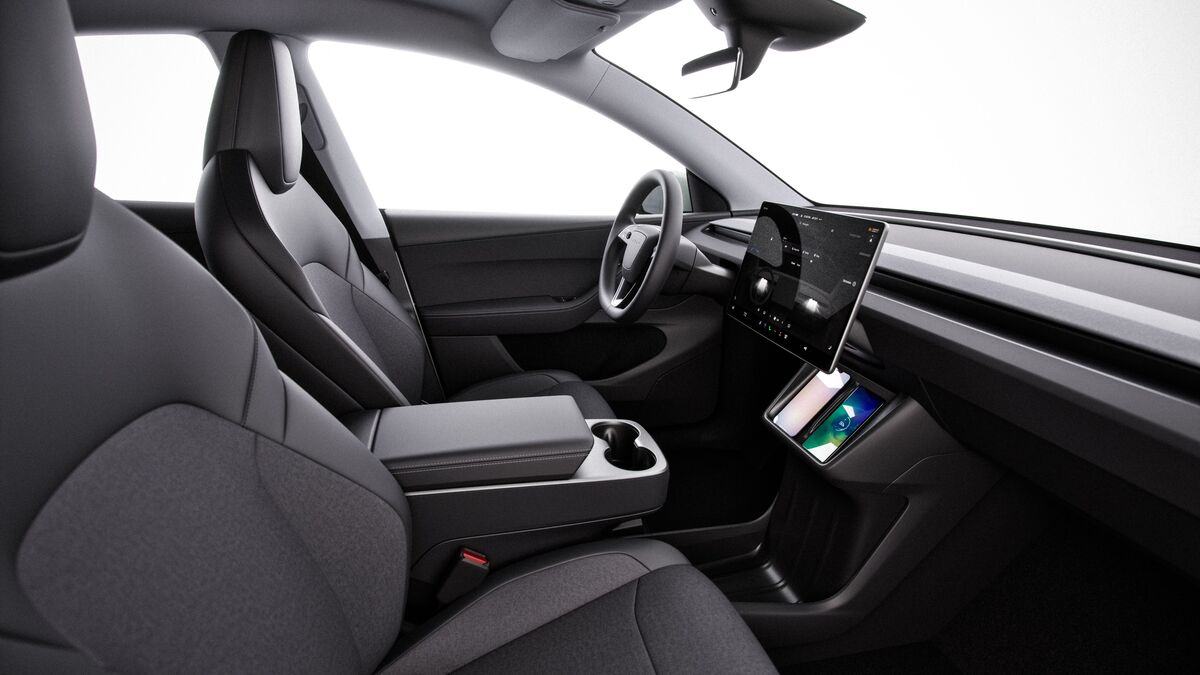- An appeals court has ruled that many of President Trump’s tariffs are not legal
- But the court let the levies stay in place during appeals
Suddenly, the future of the tariffs is in question. An appeals court has ruled that the so-called reciprocal tariffs President Trump enacted in April are invalid. The White House overstepped its authority when creating the levies, the court ruled.
There are two reasons, however, that the ruling will likely not stop the slow inflation of car prices.
One is that it applies only to the country-specific reciprocal tariffs, not those on specific industries like the automotive sector. The president used the same legal theory to create both sets of tariffs. But a court can only rule on the issue in front of it. Plaintiffs in the case sued over the country-specific tariffs, so the ruling applies only to those.
The other is that the court paused its opinion to allow the White House to appeal the matter to the Supreme Court.
Tariffs Haven’t Pushed Prices Much Higher Yet
- Automakers and dealers have absorbed most of the tariff cost so far
- They warn that may change soon
Most cars and car parts now face tariffs between 15% and 25% depending on where they’re built. But last month, the average new car buyer paid just 1.5% more than they did a year ago.
Automakers and dealers have used hefty discounts and swollen inventory to keep the cost of the tariffs from dramatically raising sticker prices.
Our analysts believe that could change in the coming months. Automakers initially assumed the tariffs might be a short-term problem. However, the White House has recently announced long-term trade deals with several countries, locking 15% rates in place indefinitely.
With those agreements in place, automakers now say they are preparing for long-term tariffs and may have to raise prices.
Last week alone saw significant price increase announcements from Audi and Subaru, while Chevrolet, Nissan, and Porsche hiked delivery fees.
Supreme Court Ruling Could Affect All Tariffs
- The lower court’s ruling affects only reciprocal tariffs, but the Supreme Court could take a more sweeping step
CNBC explains, “Trump cited the 1977 International Emergency Economic Powers Act (IEEPA) to justify his sweeping tariffs. He declared the United States’ trade deficit with other nations a national emergency, and invoked IEEPA to impose the steep levies.”
The U.S. Court of Appeals for the Federal Circuit found on Friday, however, that IEEPA does not grant the president authority to create new tariffs.
“The Constitution grants Congress the power to ‘lay and collect Taxes, Duties, Imposts and Excises’ and to ‘regulate Commerce with foreign Nations,’ ” the court explained.
“Tariffs are a tax, and the Framers of the Constitution expressly contemplated the exclusive grant of taxing power to the legislative branch.”
Trump also used IEEPA to enact the auto sector tariffs. A Supreme Court ruling finding that he doesn’t have the authority could invalidate those as well.
Reuters notes, “The decision comes as a legal fight over the independence of the Federal Reserve also seems bound for the Supreme Court, setting up an unprecedented legal showdown this year over Trump’s entire economic policy.”
The administration has been on a recent winning streak at the high court.








